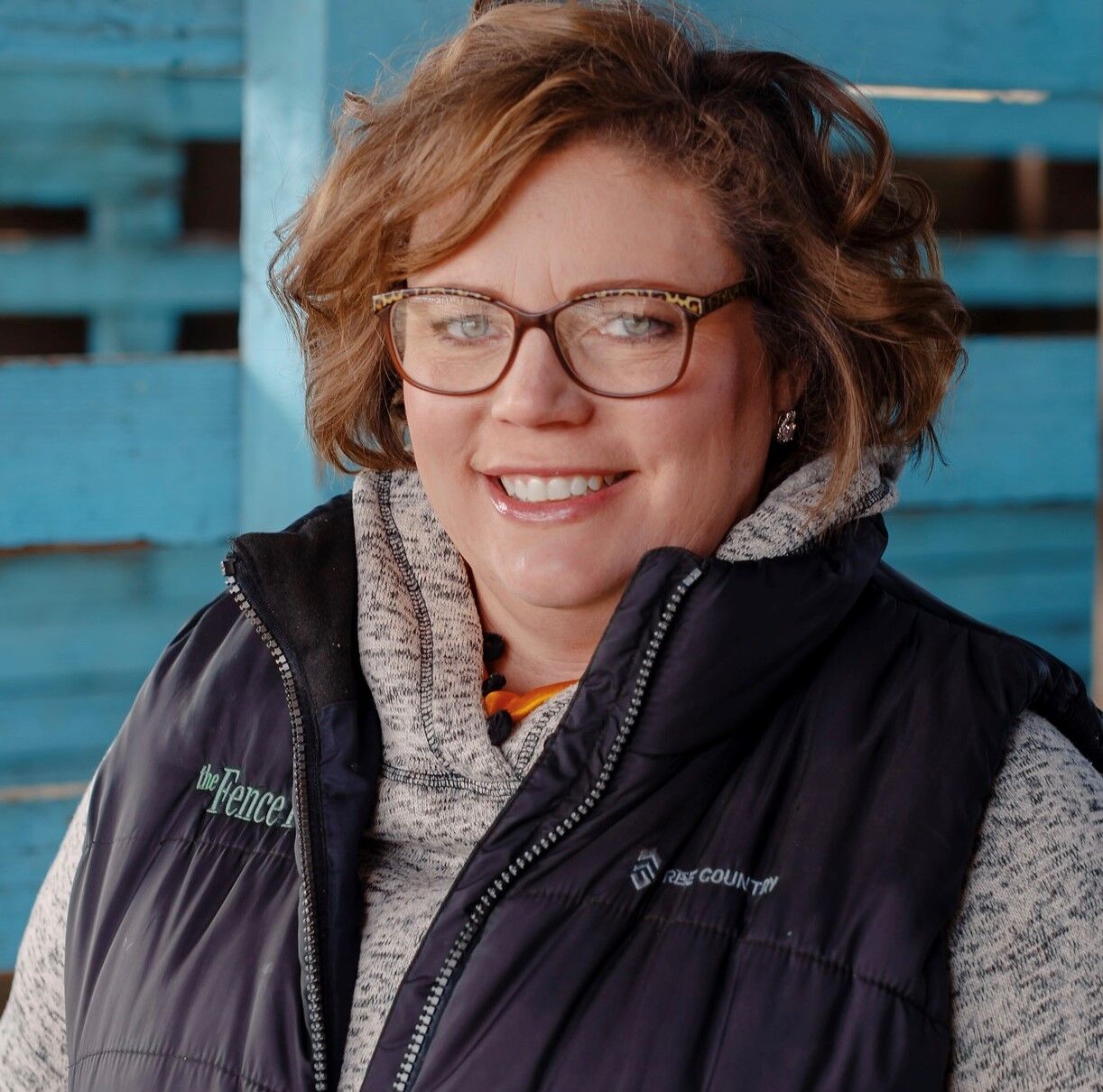GABEL | The Colorado hemp industry fantasy

Colorado Commissioner of Agriculture Kate Greenberg testified before the House Subcommittee on Biotechnology, Horticulture and Research in a hearing titled, “An Examination of the USDA Hemp Production Program.”
Testimony was heard from a number of researchers, academics and stakeholders investing in the industry hoping to secure additional funding in the 2023 U.S. Farm Bill. Many of those testifying also asked the committee to consider including provisions from Rep. Chellie Pingree’s Hemp Advancement Act. The 2018 U.S. Farm Bill paved the way for hemp production, though after the first season, growers were left with unharvested hemp, or harvested hemp without processing outlets or a market.
Eric Wang, chief executive officer of Ecofibre and the vice president sustainability at the U.S. Hemp Roundtable, said regulatory clarity for CBD is the positive momentum needed to put the country back on top as the international leader in industrial hemp.
In her testimony, Commissioner Greenberg called Colorado the leader in the hemp industry and said the “state of Colorado is doing everything we can to support our hemp producers and invest in a vibrant, resilient future for Colorado agriculture; however, Colorado’s vision for our hemp industry cannot be realized without changes in federal statutes and regulations.” She added, “the Markets Division and the Global Business Development Team” have been connecting with the governor’s office to communicate about “progressing this up-and-coming” industry. She said the hemp industry plays an important “role in advancing Colorado’s and (the Colorado Department of Agriculture’s) goals of building economic and supply-chain resilience, advancing voluntary stewardship, supporting the next generation in agriculture, and furthering animal health and welfare.
“Hemp,” she continued, “has the potential to create new economic opportunities for farmers who are dealing with a changing climate and increasingly arid land.”
She also told the committee about the sharp decrease in hemp acres in 2022. She called the decrease “dramatic” and blamed surplus production, competition from other states growing hemp and COVID, while she admitted what Colorado House Ag Committee members told her about: the undeveloped infrastructure for food and fiber-production from hemp as well as the lack of a hemp market.
Greenberg asked the committee to remove the USDA’s Final Rule requirement for hemp-testing laboratories, saying the CDA’s own nearly brand-new laboratory is still awaiting DEA approval. With THC levels capped, testing is a requirement and a major roadblock. She asked the committee to allow the use of certified seed as an alternative to the strict testing requirement. Greenberg also testified that the background check requirement set forth, citing the additional cost, extra process and that it prevents “those that have completed their rehabilitation from participating in growing a legal agricultural commodity.” Greenberg was referring to the 10-year ban on growers with felony drug convictions.
Last, Greenberg asked for federal funds to support the industry because, in Colorado, she said hemp registration is at its lowest level since the program’s creation, generating significantly less revenue and making our ability to continue to run the program into the future more tenuous.
“As of this hearing, several states have closed their program,” she said. “With the current registration trends, more states are likely to close their programs due to loss of revenue, putting more pressure on USDA to take over the regulation in those states and threatening the sustainability of the program. The USDA should be charged with establishing a program to financially support states that have implemented hemp regulatory programs much the same way the USDA does for other federal requirements implemented by the states. States like Colorado are implementing federal requirements and taking this regulatory burden off of the USDA without financial compensation.”
In the question-and-answer portion of the hearing, Greenberg said Colorado is looking to hemp and the larger agriculture industry as a whole, to solve the climate crisis. Perhaps it was a reference to the acres of farm ground that are standing abandoned, rather than producing a beneficial crop.
She left the committee with her outlook on the industry that, if the regulations are relaxed, markets were to exist, processing were to exist, testing was possible and the grants are doled out to foot the bill, the industry could grow. In a world that throws around sustainability like glitter, this is far from it.
Rachel Gabel writes about agriculture and rural issues. She is assistant editor of The Fence Post Magazine, the region’s preeminent agriculture publication. Gabel is a daughter of the state’s oil and gas industry and a member of one of the state’s 12,000 cattle-raising families, and she has authored children’s books used in hundreds of classrooms to teach students about agriculture.













